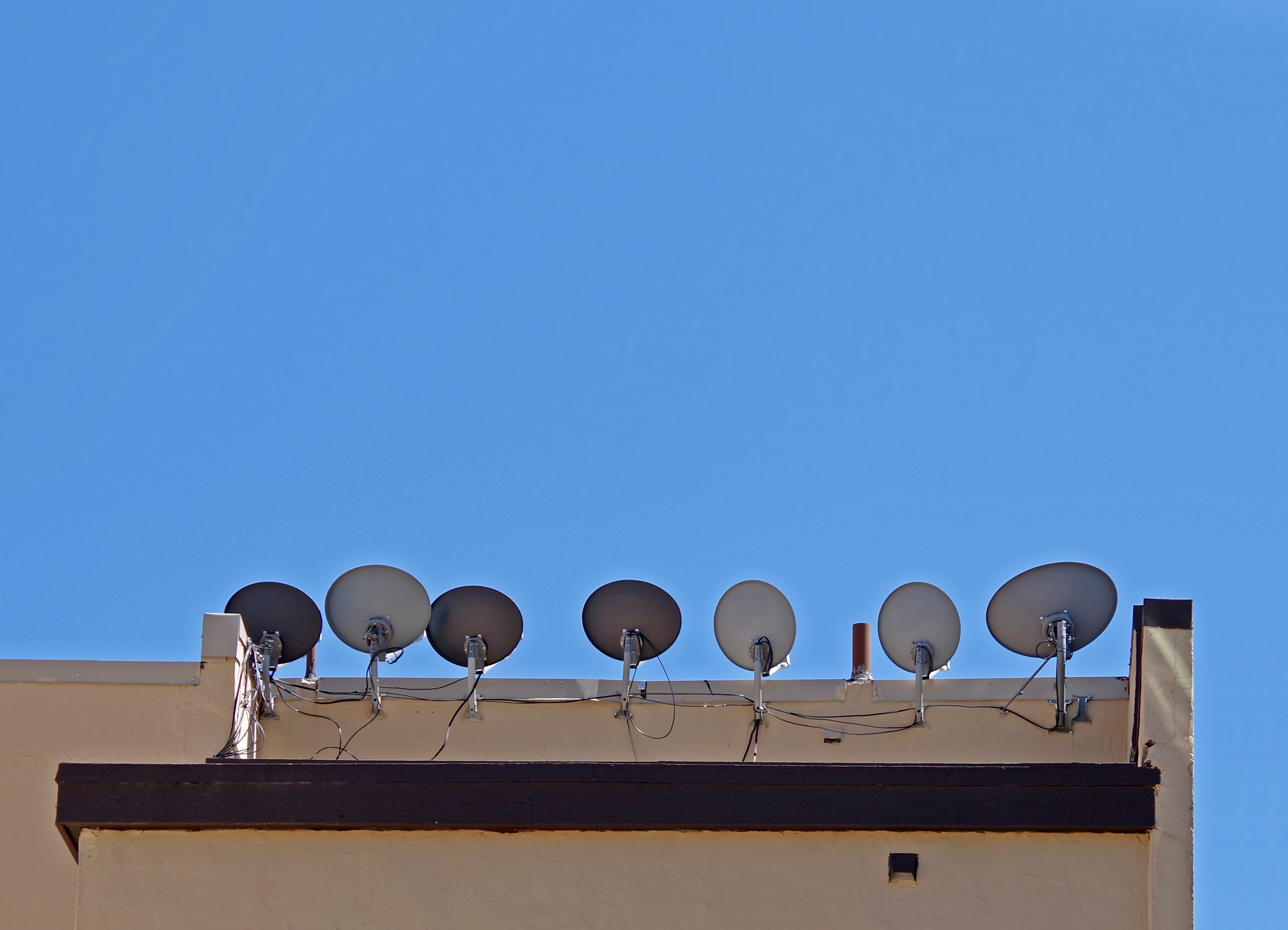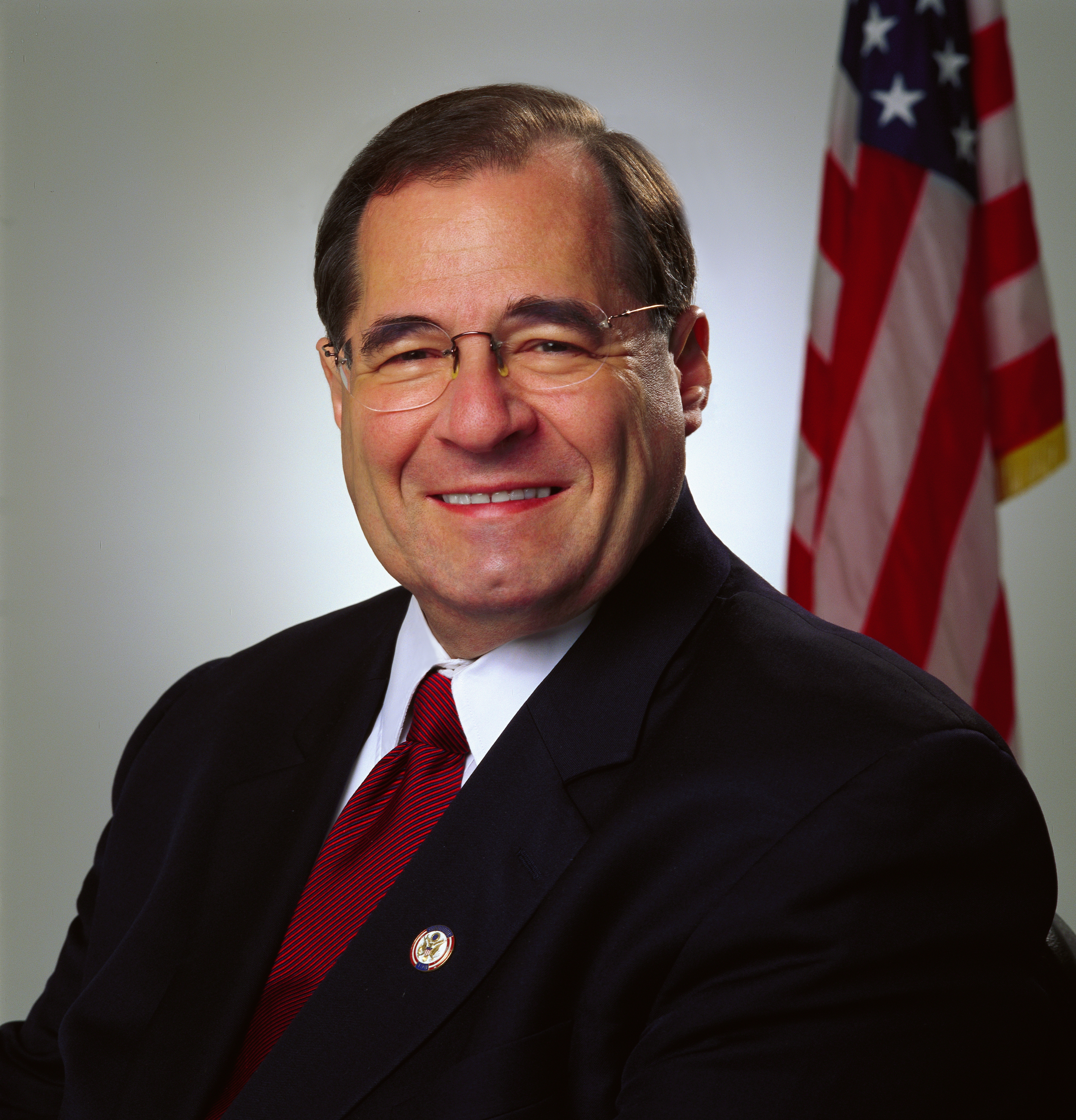Nadler Offers Latest STELAR Renewal Effort

The smarter way to stay on top of broadcasting and cable industry. Sign up below
You are now subscribed
Your newsletter sign-up was successful

House Judiciary Committee chairman Jerrold Nadler (D-N.Y.) has introduced yet another version of a STELAR renewal bill, the "Satellite Television Community Protection and Promotion Act (STCPP) of 2019.”
There are already Senate Commerce and House Energy & Commerce versions of a bill that would renew the satellite compulsory distant signal license and the mandate that broadcasters and MVPDs negotiate carriage deals with each other in good faith. Judiciary and Commerce divide jurisdiction over the issue.
Related: Senate Takes Long Look at STELAR
There is no Senate Judiciary version. Committee Chairman Lindsey Graham (R-S.C.) has signaled the law should expire and a free market take over, with some glide path toward that goal.
The Senate version--courtesy of Senate Commerce Chairman Roger Wicker is a straight renewal, while the House E&C version includes some reforms. Nadler's version is relatively clean, but comes with a catch: The distant-signal license for RVs, truckers and tailgaters would be permanently renewed--currently the license renewal is for five years--but only if AT&T agreed, within 120 days, to deliver local signals in 12 local markets where it has chosen not to. Sen. Deb Fischer (R-Neb.) has offered a similar amendment to the Senate bill.
Unlike cable operators, satellite operators don't have to carry TV stations, though if they carry one in a market they must carry them all. Dish delivers local stations in all 212 markets, while in a dozen of the smallest markets, AT&T's DirecTV does not, though the company points out it provides an alternative method to view those stations for its subs, so long as broadcasters are delivering a viewable signal.
The National Association of Broadcasters would prefer that the distant-signal compulsory license go away altogether, but it says alternately it would take the Nadler option.
The smarter way to stay on top of broadcasting and cable industry. Sign up below
“While NAB continues to believe STELAR’s reauthorization is unnecessary, we support Chairman Nadler’s thoughtful narrowly-tailored approach that benefits viewers by better ensuring satellite carriage of their local broadcast stations," said NAB president Gordon Smith. "We’re particularly pleased that Chairman Nadler’s bill rights a wrong inflicted upon tens of thousands of DirecTV viewers in 12 rural markets who have been denied access to local TV programming for years.
“We’re optimistic that under the Nadler bill, DirecTV will finally fulfill its decade-old pledge to carry local television stations to those viewers, rather than piping in programming from New York City or Los Angeles," he said.
The bill is getting a markup in the Judiciary Committee this week. The House E&C is marking up the Doyle bill Tuesday (Nov. 19), which was reported favorably out of committee last week, though Republicans are not happy with some of the accompanying reforms.
The Doyle and Nadler and Wicker bills would have to be reconciled and voted on, or voted on and reconciled ASAP as the days in the session dwindle to a precious few.
The Senate bill was pulled from markup last week, not a hopeful sign that it was ready for prime time or that there is an easy path to a compromise bill. It was a straight reauthorization, but could have some reforms appended to it before or during its markup. Wicker said it was pulled because his colleagues had some reforms they might want to add to it.
Some form of STELAR reauthorization has to happen before the end of the year or the license and good faith provision expire, though Congress could extend STELAR into next year, as it has in the past when compromise was not achieved by the deadline, which is Dec. 31 every five years.
“Congressman Nadler’s bill likely stems from a noble desire to improve local television coverage for viewers," said Jenna Leventoff, senior policy counsel at Public Knowledge. "However, this bill could actually result in less service, not more, for the viewers in question. There is no guarantee or requirement in this bill for DirecTV to enter the markets where the company does not currently provide local broadcast stations. Instead, this legislation risks having hundreds of thousands of residents lose access to at least one network station that they rely on for news, sports, and entertainment."
Contributing editor John Eggerton has been an editor and/or writer on media regulation, legislation and policy for over four decades, including covering the FCC, FTC, Congress, the major media trade associations, and the federal courts. In addition to Multichannel News and Broadcasting + Cable, his work has appeared in Radio World, TV Technology, TV Fax, This Week in Consumer Electronics, Variety and the Encyclopedia Britannica.

